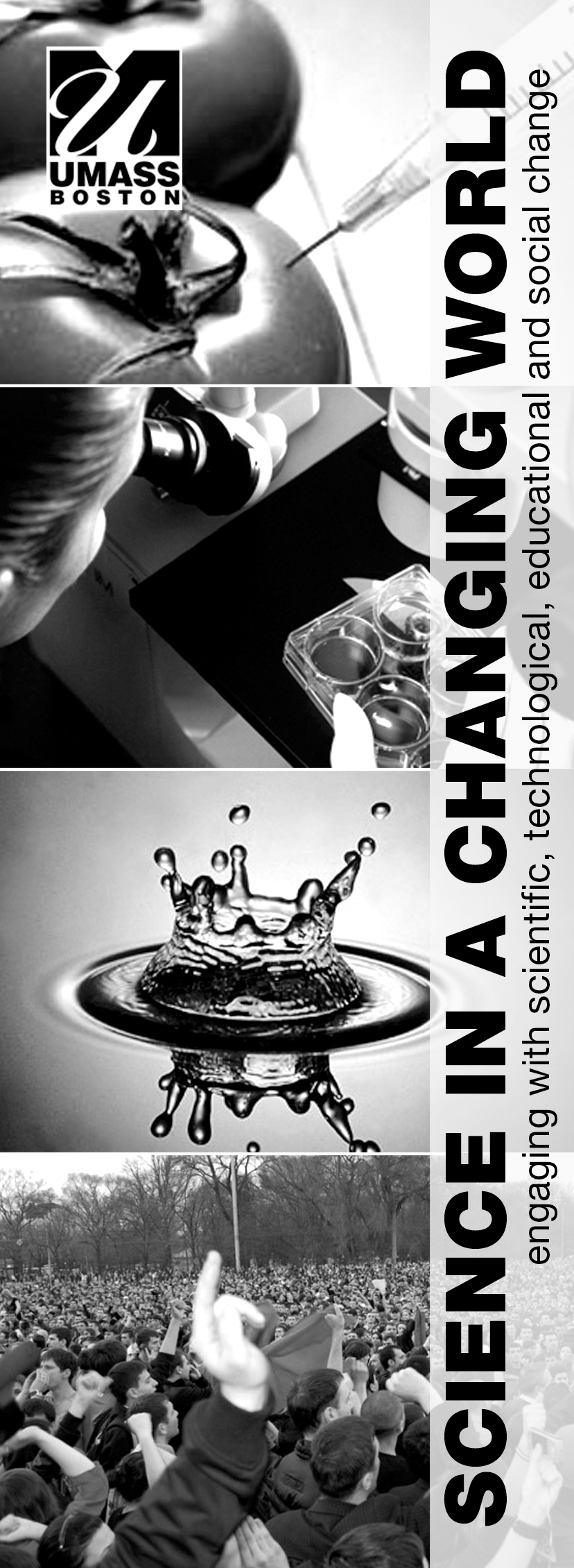| Next Offered |
Name |
S |
A |
P |
| Consult WISER |
Graduate courses offered by departments in the College of Science and Mathematics (except policy-oriented courses count in 2ndcolumn). |
x |
x |
|
| |
CrCrTh 611, Seminar in Critical Thinking (Theme: Problem-based learning) |
|
|
x |
| F 11(o), Sp 12 (o) |
CrCrTh 616, Dialogue Processes |
|
|
x |
| F 11(o), Sp 12 (o), Su 12 |
CrCrTh 618, Creative Thinking, Collaboration & Organizational Change |
|
|
x |
| Su 12, (o) |
CrCrTh 619/ PubPol 719, Biomedical Ethics |
|
x |
|
| |
CrCrTh 640, Environment, Science and Society: Critical Thinking |
|
x |
x |
| F 12 |
CrCrTh 645/Biol 545, Biology in Society: Critical Thinking |
x |
x |
x |
| F 11 (o) |
CrCrTh 670, Thinking, Learning and Computers |
|
x |
x |
| F 11 (d, of) , Sp 12 (d) |
CrCrTh 688, Reflective Practice % |
|
|
x |
| |
EDCG 610, Computers, Technology & Education |
|
|
x |
| |
EDC G 625, Designing Instruction in Math & Science |
|
|
x |
| |
EDC G 660, Designing Secondary Curriculum: Science/ Math |
|
|
x |
| |
EDC G 661, Developing Understanding of Physical Science |
x |
|
x |
| |
EDC G 665, Methods in Secondary Science Instruction |
|
|
x |
| |
EEOS 605, Teaching Environmental Science and Technology |
x |
|
x |
| |
EEOS 6XX, Climate and Energy: Law, Policy, and Management (in development) |
|
x |
|
| |
EEOS 716, Sci. & Tech. Info. & the Policy Process |
|
x |
|
| |
English 600, Eco-criticsms |
|
x |
|
| |
English 642–01, Victorian Literature (theme: Realism, Sensation, Science) |
|
x |
|
| F 11 |
English 663, The End of the World |
|
x |
|
| |
Hist 605, History of the Atomic Bomb |
|
x |
|
| |
Math 570, History of Mathematics for Secondary Teachers |
|
x |
x |
| |
MGT688, Global Warming (to be renamed: Business and Climate Change) |
|
x |
|
| |
MGT6XX, Clean Energy: Technologies, Markets, and Policy (in development) |
|
x |
|
| |
Nursng 701, Science as a Way of Knowing |
|
x |
|
| |
Physic 570, Instrumentation Laboratory For Science Teachers |
x |
|
x |
| |
Physic 571, Integrated Mathematics and Physical Science for Teachers |
x |
|
x |
| |
Physic 572, Energy (special topics course, to be submitted to governance) |
x |
|
x |
| Sp 12 |
Psych 550L, Cognitive Psychology |
x |
|
|
| Sp 13 |
Pub Pol 753, Epidemiological Thinking and Population Health |
x |
x |
|
| Sp 13 |
WoSt 597, Gender, Race, and the Complexities of Science and Technology |
|
x |
x |
